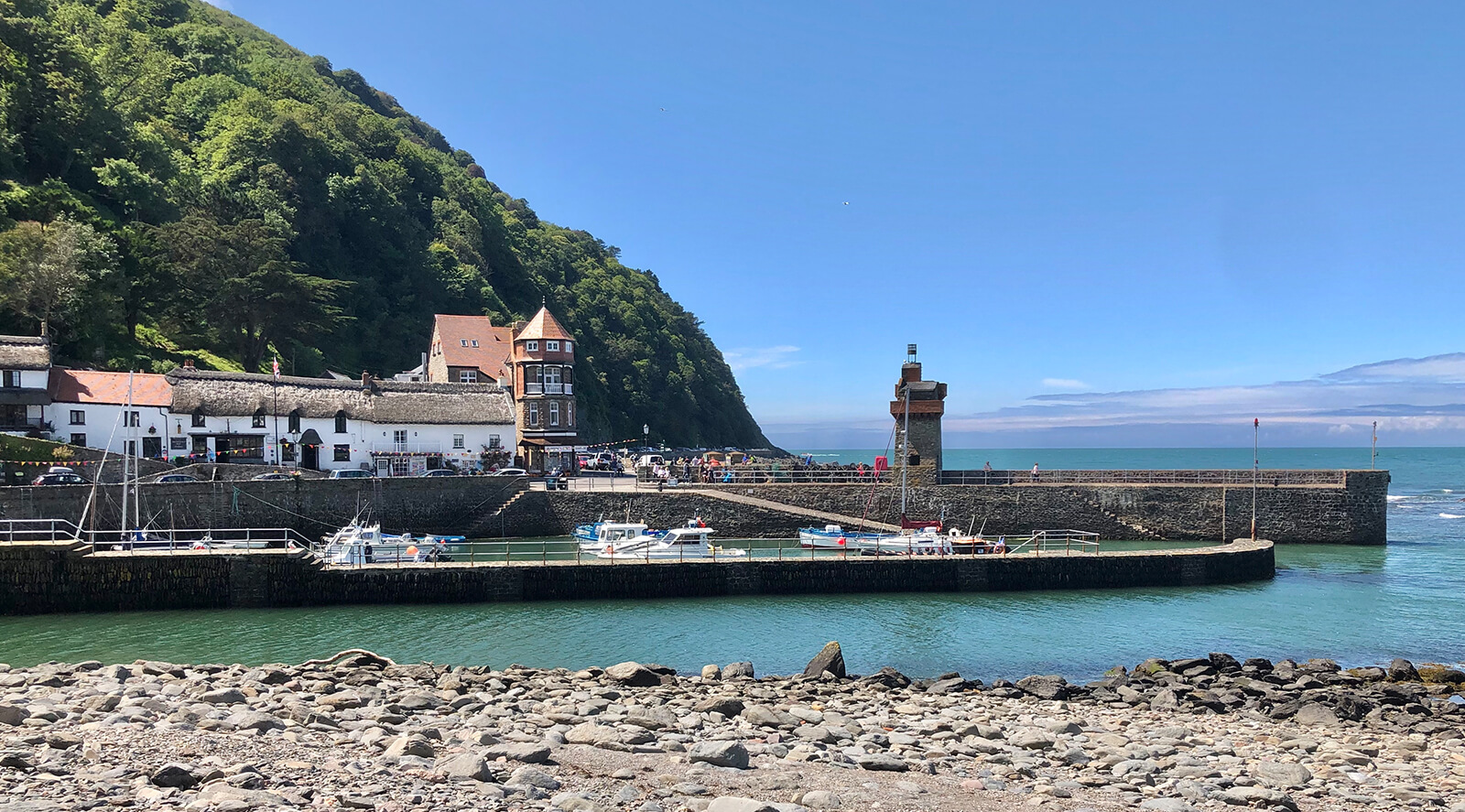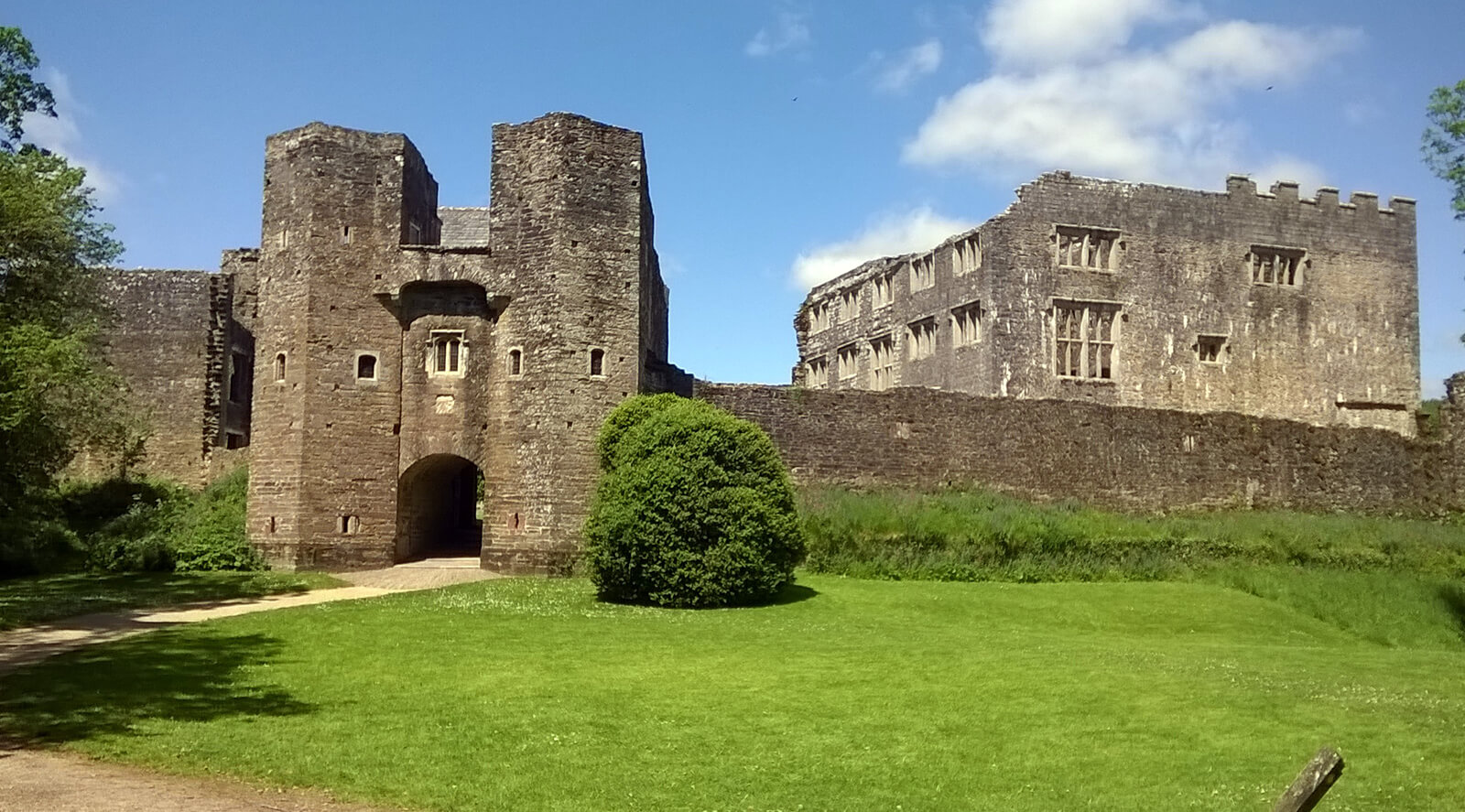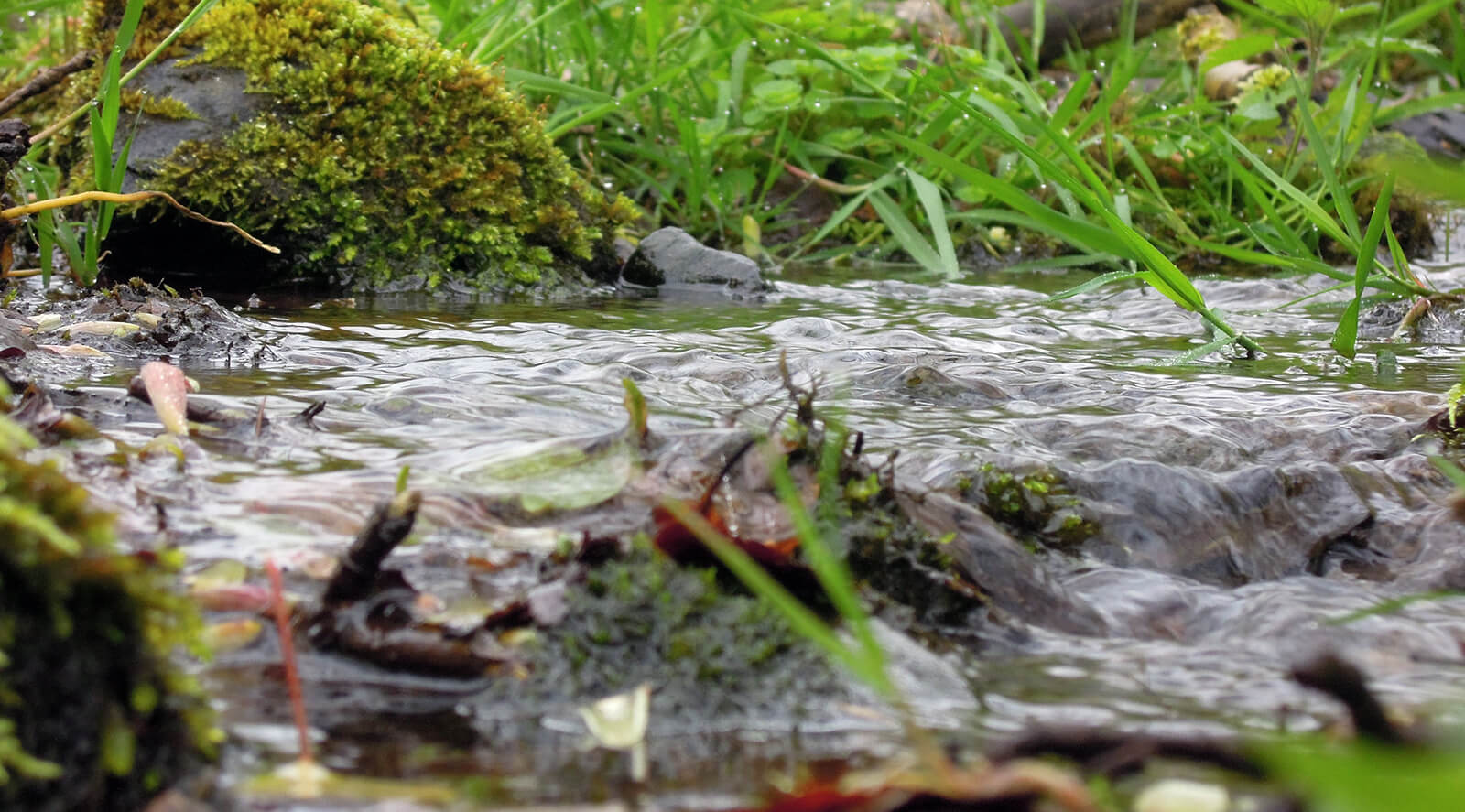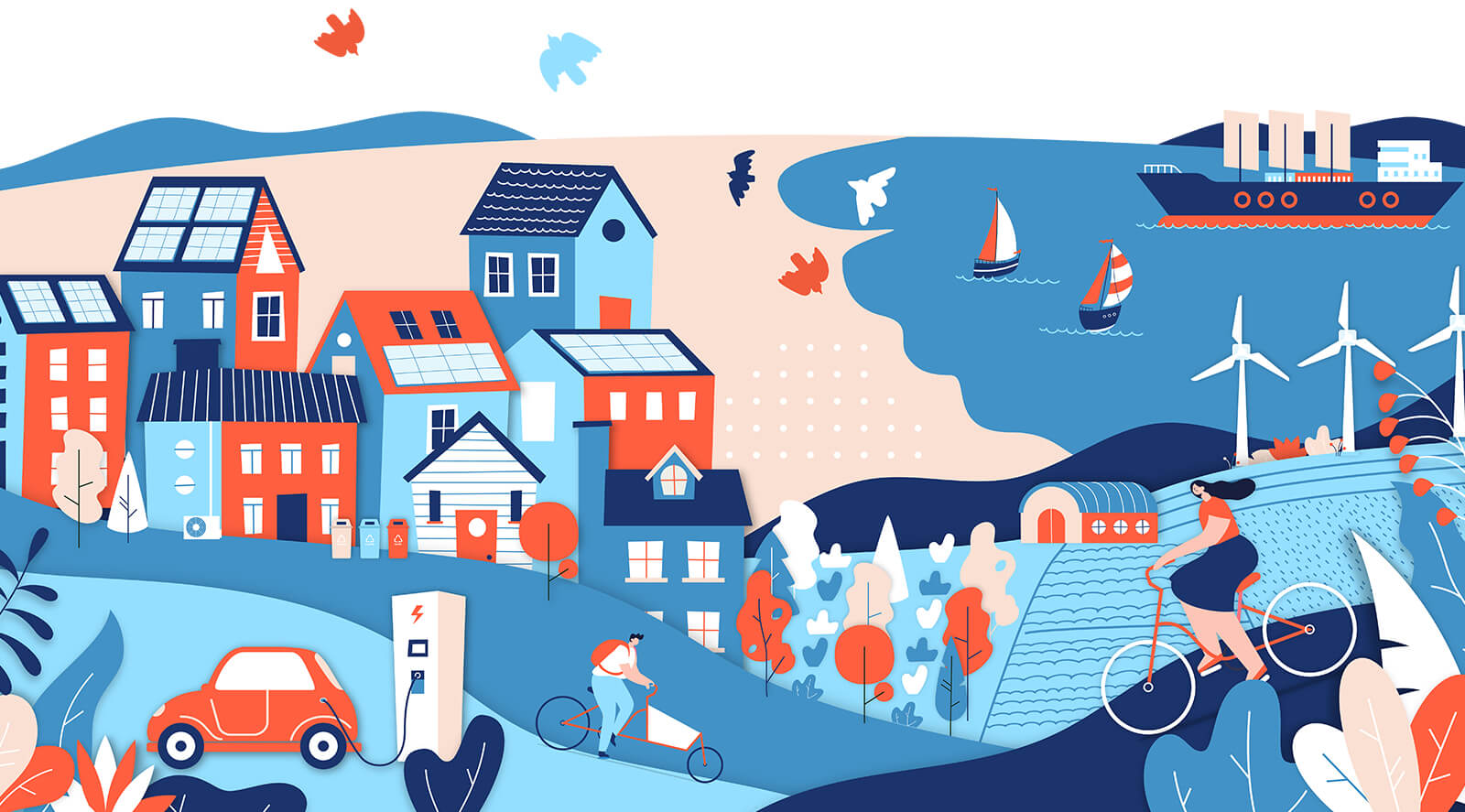Natural Capital represents the wealth of natural assets and resources, but also considers the economic costs of pollution, waste, depletion, and environmental degradation as this will deplete the value of Natural Capital.
It should be no surprise that Devon has a wealth of Natural Capital, with a rich environment and varied habitats for which initiatives are in place to restore and protect it. Natural Capital | Natural Devon – Devon’s Local Nature Partnership
National Parks and Areas of Natural Beauty (AONBs)
- National Parks are areas of protected countryside for all to visit, where people live, work and shape the landscape. Within Devon’s boundaries are Dartmoor National Park and a third of Exmoor National Park. Each park is managed by its own National Park Authority whose role is to look after the landscape and wildlife and to help people enjoy and learn about the area.
- Areas of Outstanding Natural Beauty (AONBs), along with national parks, are the nation’s finest landscapes, given statutory protection by government. There are five AONBs in Devon. Three are wholly within the County (North Devon Coasts, East Devon and South Devon) and two (Tamar Valley and Blackdown Hills) are cross-boundary with neighbouring authorities. Taken with Dartmoor and Exmoor National Parks, these “protected landscapes” cover 35% of Devon:
The statutory purpose of AONBs is to conserve and enhance the natural beauty of the landscape, having the same landscape value as National Parks.
UNESCO Heritage Sites
In addition to the two UNESCO Heritage sites detailed in the Heritage section, Devon has a third UNESCO designated area, the North Devon Biosphere Reserve covering much of north Devon from Dartmoor and Exmoor and the Bristol Channel to Lundy. Designated through the “Man and the Biosphere” programme, this is one of the first of six such areas in the UK. Work is focused around developing partnerships and managing projects for a sustainable future.
Tourism
The South West region is the UK’s third largest visitor economy, with Devon playing a key role in attracting visitors, with a spend of over £2.5Billion per year.
Heritage
Devon has three World Heritage Sites, which have been determined as being of outstanding universal value and of global importance by UNESCO.
Environment
Devon’s diverse natural habitats include woodlands, wetlands, moorlands, meadows, hedgerows, rivers, estuaries, and many more beneath its coastal waters.
Devon’s Climate Emergency
The Devon Climate Emergency project is raising awareness and encouraging everyone to act to reduce their carbon footprint and prepare for the future climate.



